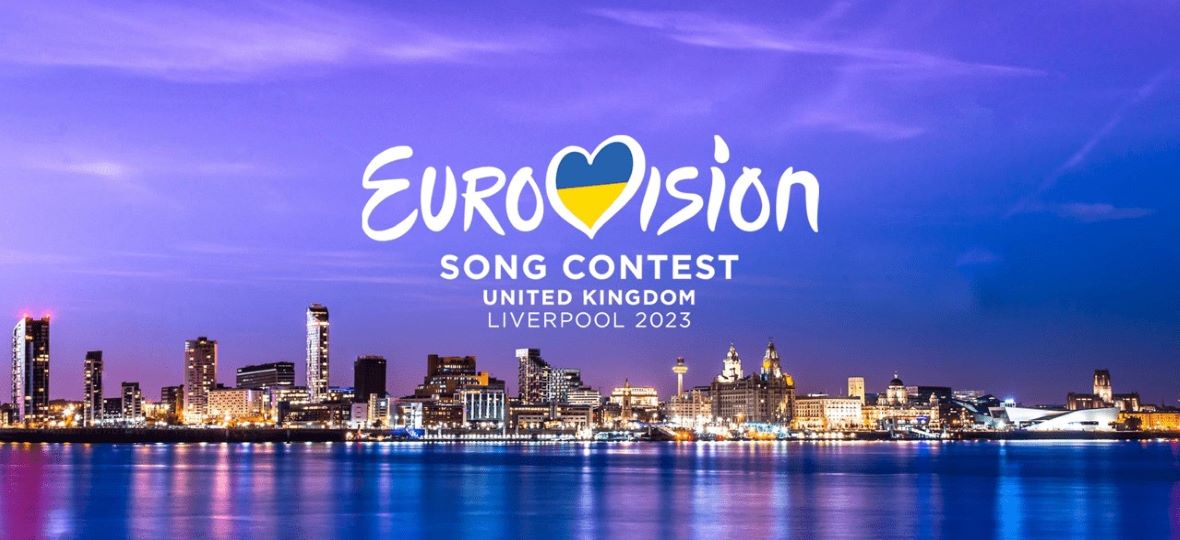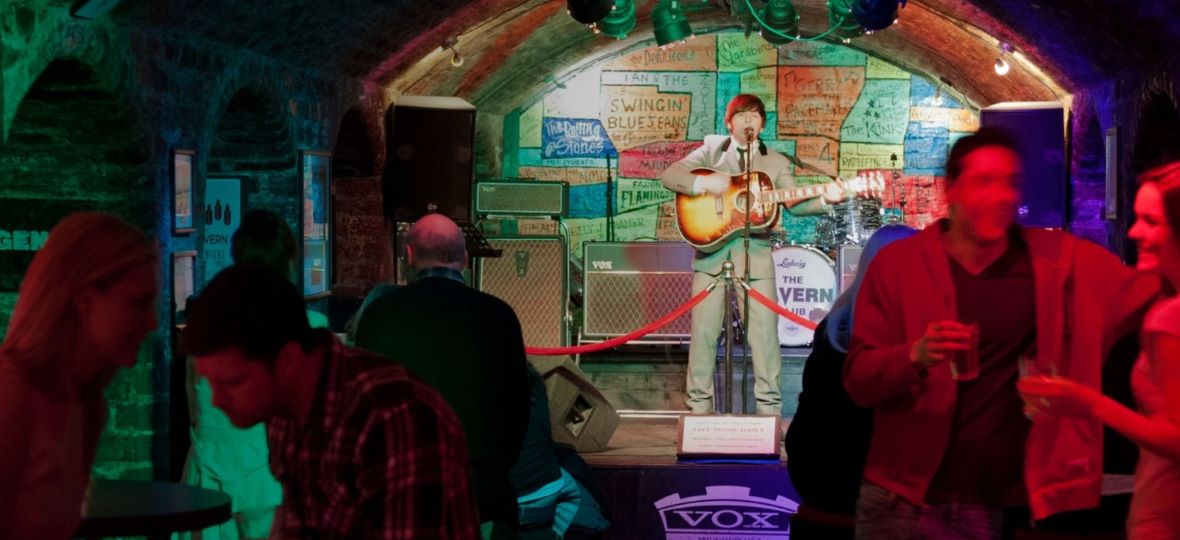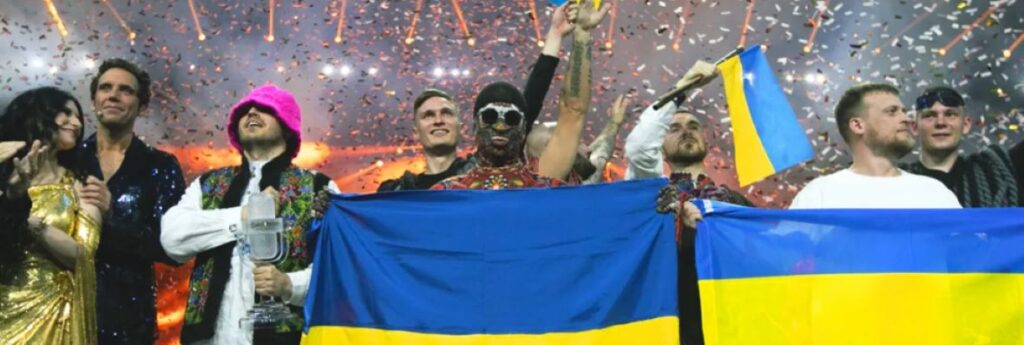It might only be the second biggest event in the UK this May (see King Charles lII, Coronation of), but the Eurovision Song Contest is a big deal in Britain (and elsewhere in Europe). And this year’s event, to be held in Liverpool May 8-13, has increased significance as the northern British city – known for its musical chops – has stepped in as a substitute for Ukraine, the originally scheduled host.
The now-ravaged eastern European nation had earned the right to host the prestigious contest by virtue of its winning entry last year ahead of 38 other countries (which also recorded a dubious historical marker as the first time a winner had rapped during a performance).
However, the traditional honour for the winning country to act as host of the following year’s event was passed on to 2nd-place finisher Britain for safety and security reasons due to Russia’s invasion of the Ukraine three months earlier.
The most famous winners of the 67th annual event, of course, are ABBA (1974) and (who knew?) Celine Dion (1988) – indicating the level of talent on display. Katrina and the Waves notably walked on sunshine with their win in 1997 and Cliff Richard was a runner up in 1968. Olivia Newton-John only finished fourth.

But even with annual winners most likely to be less illustrious than the Swedish or Quebecois pop superstars – indeed, some acts attract perverse attention for their Gong Show-style performances, or even the mesmerizing oddity of Ukrainian rappers for that matter – each year’s contest attracts intense interest and rabid TV viewers rooting – and voting – for their own national performers, often at raucous parties not unlike those held for the Super Bowl this side of the Atlantic.
Liverpool won the bidding process to host this year’s event from amongst 20 eager British cities, which included eventual runner-up Glasgow. It’s the first time for Liverpool and the first for Britain in 25 years since Birmingham 1998. In total Britain has hosted nine times, four of them in London.
The UK has won the contest five times and has been runner-up a record 16 times, prompting national frustration and annual hand-ringing (no winners in 25 years either).
And with enthusiasm mounting for a “home game” in 2023, Eurovision promises to be the hottest ticket in Liverpool this Spring. The event will take place at Liverpool Arena and will be shown on the BBC, with hosts including Graham Norton and Hannah Waddington (of “Ted Lasso” fame).
Liverpool

Of course, visitors to Liverpool for or, during the show, will discover a city with music in its bones. The UNESCO City of Music and self-proclaimed “World Capital of Pop” – and hometown of The Beatles, of course – has a lively modern music scene, including the famous Cavern Club, where The Beatles’ musical identity was formed, but which today is a thriving live music destination showcasing new up-and-coming Merseybeat bands (the name comes from local River Mersey), as well as established artists.
Beatles’ fans will be in their element at The Beatles Museum, on a Magical Mystery Tour, or just visiting sites made familiar in their songs – such as Strawberry Fields and Penny Lane.
Beyond the Fab Four, the city’s broad musical legacy can be perused at the British Music Museum, while classical music afficionados can attend the Royal Liverpool Philharmonic. And dedicated fans will, of course, want to take a “ferry across the Mersey.”
But for now, all eyes are on Eurovision 2023, and to that end we offer what will undoubtedly be your most interesting musical experience of the week: the 2022 finale performance from Ukraine’s rapping Kalush Orchestra. (Oh, we’re versatile!)
Nasoloditisya (enjoy) – it’s likely to be the only rap you’ll ever hear in this space!

